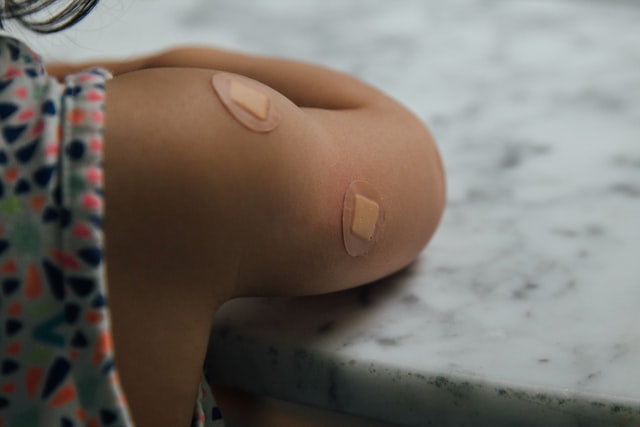Photo by Wonderlane on Unsplash
On a nearly still and moonlit night last week, some 75 people formed a circle on Asilomar State Beach around a sand pit ringed by seaweed. Four dancers swayed around the pit to the sound...
Aggregated News

In the 1950s, Albert Sabin was searching for an improved polio vaccine. To that end, his lab infected the brains of mice, chimpanzees, and monkeys with the virus that causes the disease. They wanted to see if the pathogen would change and if weakened forms might arise.
They eventually isolated versions of the polio virus that could still infect people but didn’t cause paralysis. Sabin’s so-called attenuated strains became the famous oral polio vaccine given on a sugar cube to billions of children.
Now, researchers say, synthetic biology has led to a way to create a weakened form of the pandemic coronavirus that causes covid-19. Although the idea remains a long-shot in the vaccine race, an attenuated coronavirus could be formulated into inexpensive nose drops for use around the world.
The startup company behind the new version of SARS-CoV-2, called Codagenix, is working with Serum Institute of India, based in Pune, which bills itself as the world’s largest vaccine maker. Plans are for the first volunteers to sniff up the synthetically designed virus starting in November, in initial human safety...
The Center for Genetics and Society is fiscally sponsored by Tides Center, a 501(c)(3) non-profit organization.
Please visit www.tides.org/state-nonprofit-disclosures for additional information.
© 2023 Tides Center, through the Center for Genetics and Society. All rights reserved.
Privacy Policy. Terms of Use.
